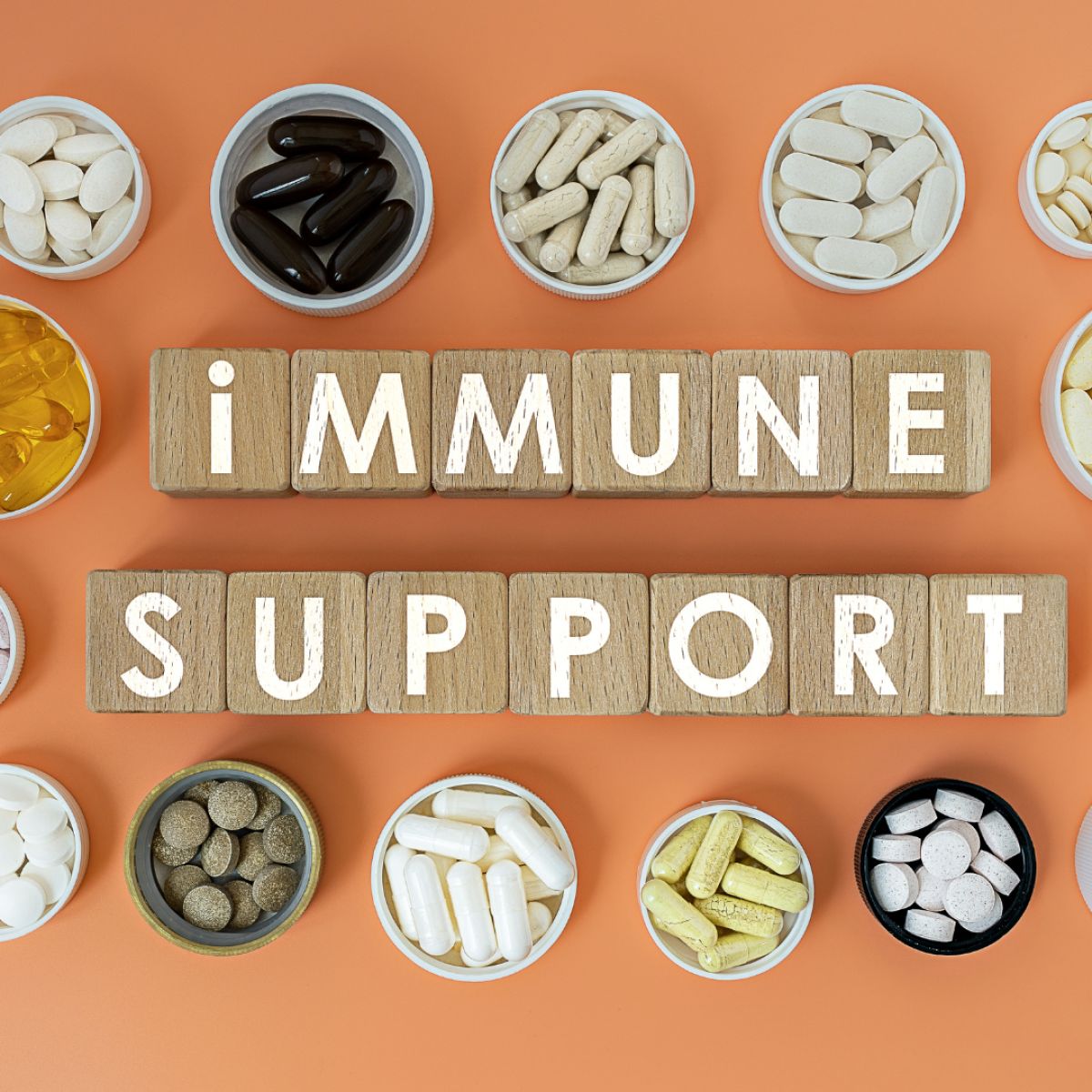Welcome to our exploration of a topic gaining increasing attention: the crucial link between nutrition and mental health. As we become more aware of how our dietary choices influence not only our physical health but also our mental well-being, it's essential to understand the role that nutrition plays in shaping our mood, cognitive function, and overall mental state. In this blog, we offer more information on how specific nutrients impact our mental health and highlight the key nutrients that are vital for maintaining a healthy mind. Join us as we uncover the nutritional foundations of mental wellness.
Understanding the Connection between Nutrition and Mental Health
Nutrition and mental health are intimately connected; the brain requires a constant supply of nutrients to operate optimally. Just as a car needs the right type of fuel to run efficiently, our brains need the right nutrients to function effectively. Nutrients affect neurotransmitter pathways, inflammation, and neural pathways, all of which play a role in mental health. A deficiency in certain nutrients can disrupt these processes and lead to mental health issues such as mood swings, increased anxiety, and cognitive dysfunction. For example, omega-3 fatty acids are known to enhance brain function by improving cell membrane health, which is crucial for neuron communication. Similarly, antioxidants help combat oxidative stress, which can damage brain cells and impact mood and mental clarity. By understanding these connections, we can appreciate how our diet directly influences our mental health, providing a compelling reason to prioritize nutrition in our daily lives.
Key Nutrients for Mental Health
Omega-3 Fatty Acids: Essential for brain health, omega-3 fatty acids play a critical role in enhancing mood and regulating neurotransmitter functions. These fats are key components of neuronal membranes, influencing brain structure and activity. Regular consumption of omega-3s is linked with reduced rates of depression and improved emotional well-being. Sources include fatty fish like salmon and mackerel, as well as flaxseeds and walnuts, making them easy to incorporate into your diet.
B Vitamins: B vitamins are vital for energy production and the synthesis of neurotransmitters, which are crucial for maintaining good mental health. They help in managing stress levels and are pivotal in mood regulation. Sources of B vitamins include whole grains, legumes, leafy greens, meat, and eggs, offering a range of options for various dietary preferences.
Vitamin D: Often referred to as the 'sunshine vitamin,' Vitamin D has a profound impact on mood and cognitive function. Deficiencies in Vitamin D have been linked to an increased risk of mood disorders, including depression and anxiety. Sources include sunlight exposure, fortified foods, and supplements.
Antioxidants: These compounds protect brain cells from oxidative stress, which can lead to cognitive decline and mental health issues. Antioxidants support brain health by neutralizing harmful free radicals. Sources include a vibrant variety of fruits, vegetables, nuts, and seeds, each rich in different antioxidants that contribute to a strong mental state.
The Role of a Balanced Diet
Embracing a balanced diet rich in whole foods and taking care of your nutrition is important for mental health. Whole foods, such as fruits, vegetables, lean proteins, whole grains, and healthy fats, provide a complex array of nutrients that support brain function and emotional stability. These foods are naturally high in fiber, antioxidants, vitamins, and minerals that are essential for neurotransmitter function and overall brain health. Eating a diverse range of these food groups ensures a broad spectrum of nutrients, supporting neural pathways and mitigating mood fluctuations.
Conversely, processed foods and high sugar intake can have a detrimental effect on mental health. These foods often lead to rapid spikes and crashes in blood sugar levels, which can induce mood swings and irritability. Additionally, high consumption of processed foods can lead to inflammation, which is increasingly linked to mental health disorders such as depression and anxiety.
Practical Tips for Improving Nutrition
Enhancing your diet to support mental health can be straightforward and practical. Start by planning meals that include a variety of whole foods to ensure a balanced intake of nutrients. Incorporating more fruits, vegetables, whole grains, and lean proteins into your meals can significantly improve your mental health. Additionally, staying hydrated is vital; water facilitates the transport of nutrients and hormones that influence brain function and mood. Aim to drink at least 8 glasses of water a day and adjust based on your activity level and individual needs. Simple changes like these can make a substantial difference in your mental well-being.
This blog has explored the critical link between nutrition and mental health, highlighting how a balanced diet and specific nutrients can support brain function and emotional stability. Embrace these insights and consider how adjusting your diet can foster your mental health and enhance your overall quality of life.



